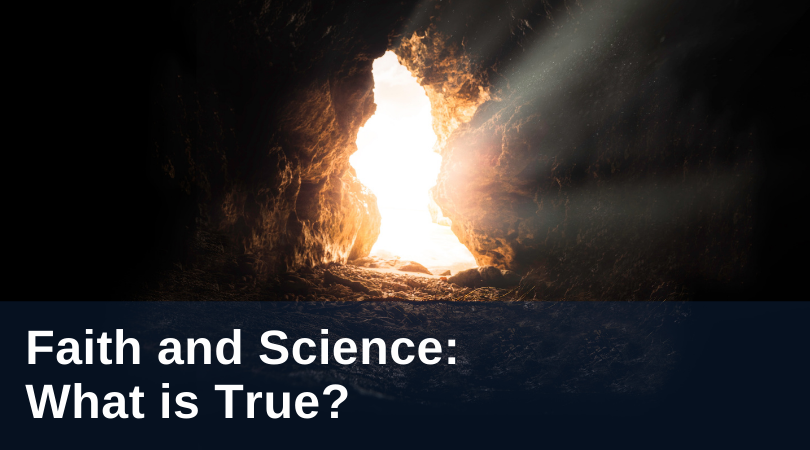Editorial Note: This post is part of our #FaithAndScience series exploring the relationship between science and religion, and contains excerpts from the textbook Faith, Science, & Reason: Theology on the Cutting Edge, 2nd edition (Midwest Theological Forum, 2019).
How do we know what is true? Is truth discovered from majority opinion or is it grounded in something else?
The answer to this question depends on what kind of truth someone is looking for. For example, someone might ask if it is true that the universe began with a “Big Bang,” or someone might ask if it is true that Mary, the Mother of God, was conceived without sin. In the first example, we are talking about scientific or material truth—the truth about how something works in the material world. In the second instance, we are talking about a spiritual truth—the truth about meaning. What does it mean to say Mary was conceived without sin, and why is this important?


